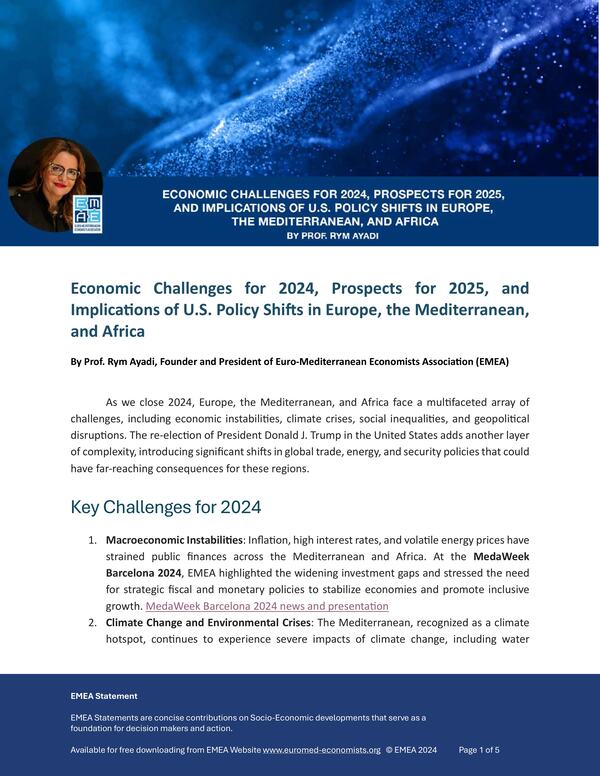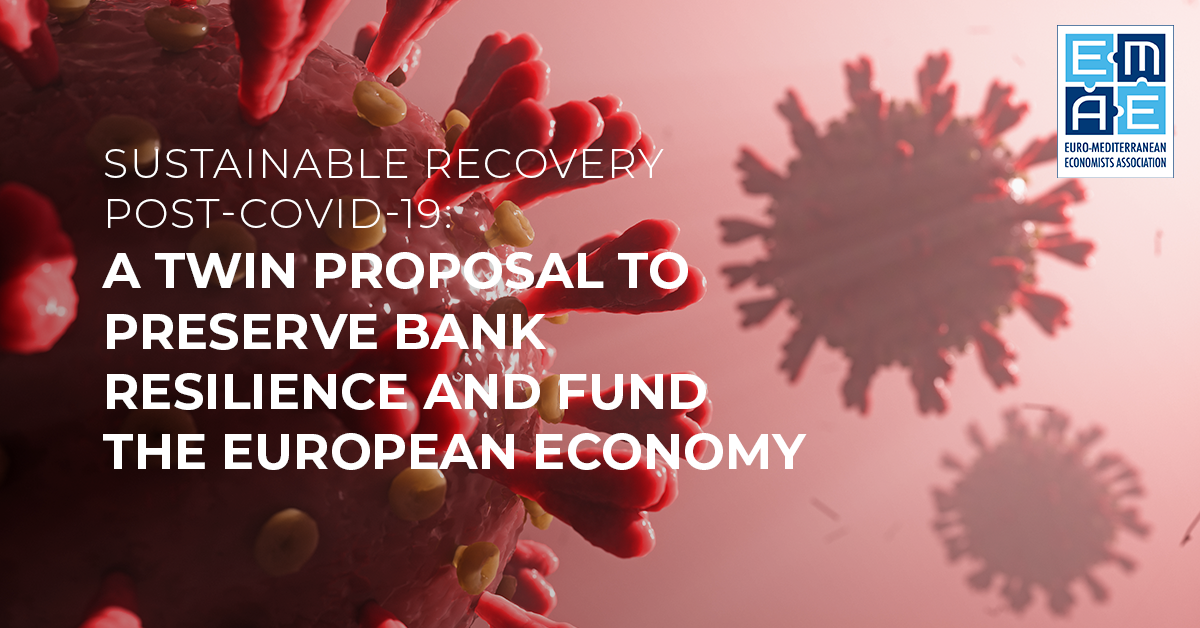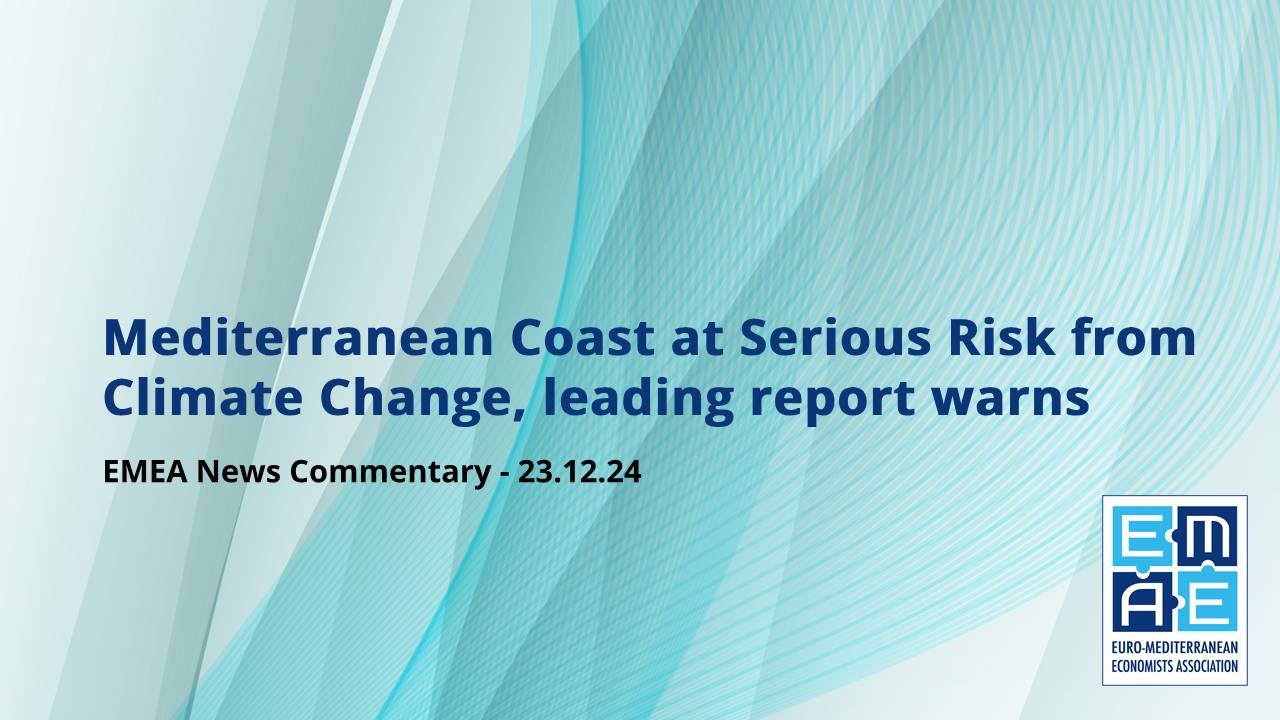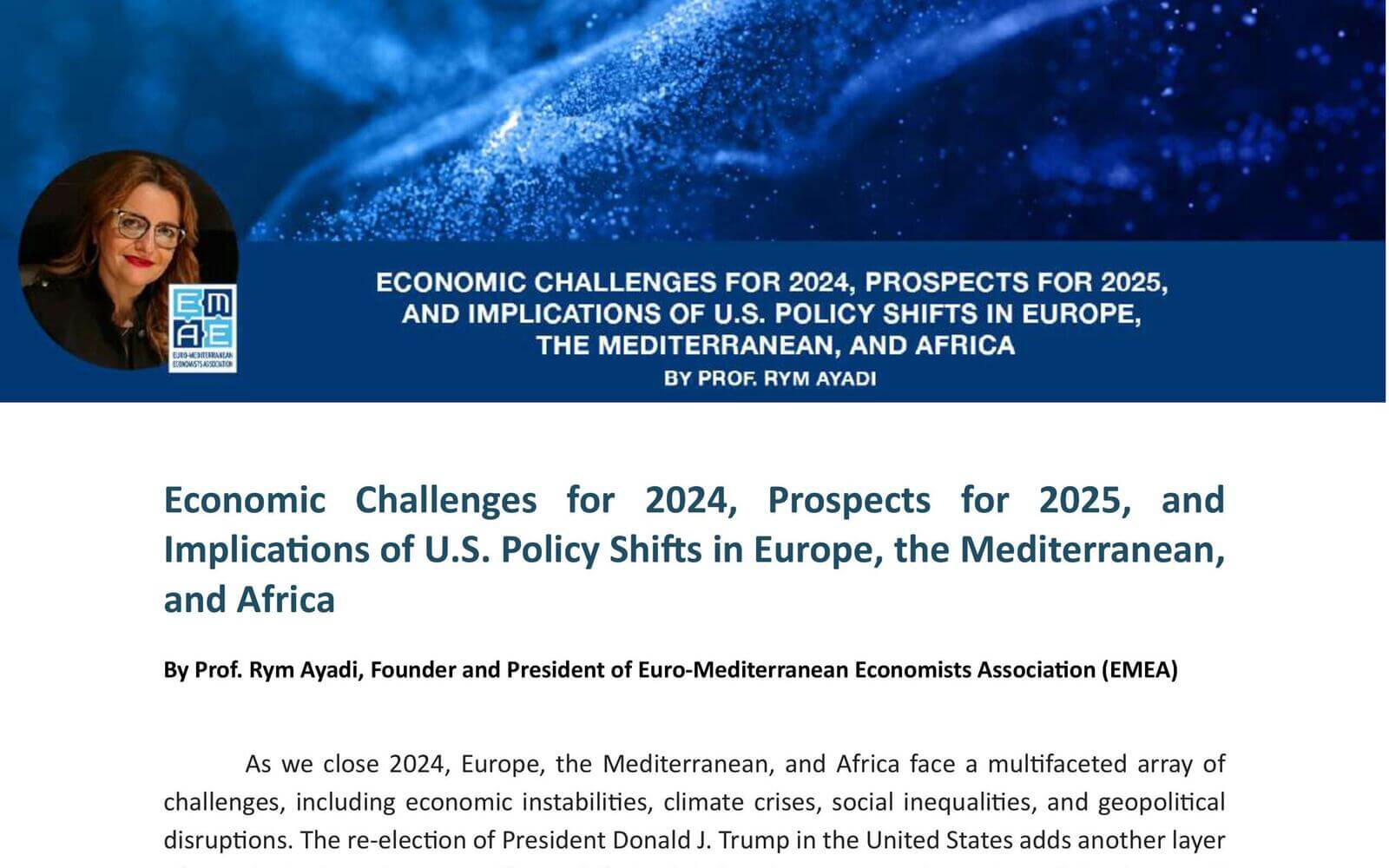Under the umbrella of EMEA regional policy research initiative on COVID-19 launched on 18 March 2020. EMEA and EMNES experts and researchers collectively identify and assess policy measures taken by their respective governments with a special focus on the socio-economic challenges, consequences and responses linked to the pandemic. The main objective of this initiative is to facilitate shaping future policy actions towards enhancing our socio-economic resilience in Europe, the Mediterranean and Africa.
Under this research initiative, an EMEA Study was published on 22 April and an EMEA Monitor was launched at the beginning of May to track on a weekly basis policy responses performance of countries in the three regions. The monitoring covers all policy measures (including health system preparedness, containment, economic preparedness/recovery and overall effectiveness) to respond to the pandemic and to identify and mitigate the socio-economic consequences. The data collected and examined is publically accessible on EMEA website.
Under this Initiative, a series of EMEA Policy Papers is published to assess the socio-economic trends amidst and post COVID-19 and to provide policy proposals and recommendations.
A new policy paper under the title “Sustainable recovery post-COVID-19: A twin proposal to preserve bank resilience and fund the European economy”, authored by the President of EMEA Prof. Rym Ayadi and EMEA Fellow Doriana Cucinelli reviews the policy interventions that EU institutions and governments put in place to reduce the risks of lockdown and the halting of economic activity. It assesses the consequences of COVID-19 on the banking sector in Europe, in terms of capital, asset quality, liquidity and profits. It also provides a proposal on how to build a recovery path for banks and for the real economy in Europe post-COVID-19. To do so, the paper analyses the evolution of banking risk and proposes avenues on ways to manage the possible worsening of the credit quality of bank loan portfolios, depending on both the residual amount of NPLs that European banks hold in their balance-sheets and the effect of the COVID-19 crisis on the real economy. In particular, the paper discusses a hybrid approach that includes: i) the creation of a Eurozone Bad Bank to manage the future increase in non-performing loans (NPLs), and ii) the implementation of a European pandemic equity fund to support firms that are not defaulting.
A series of webinars are organised, with the general aim to identify and to assess the policy responses and socio-economic challenges linked to this global pandemic, and future responses to enhance our socio-economic resilience in Europe, the Mediterranean and Africa in view of global practices, experiences and initiatives, will disseminate the key discussions and the main results and conclusions of the research.





